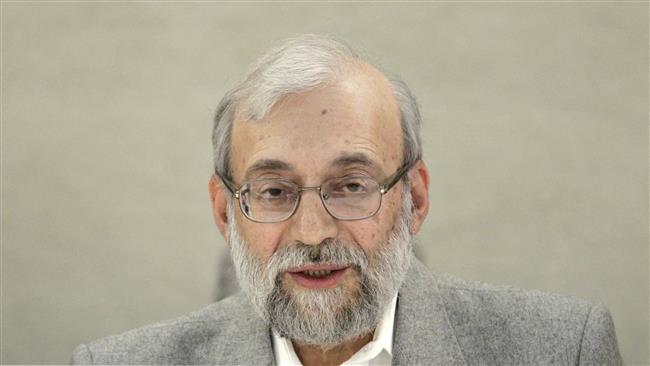
RNA - In a Thursday meeting with Italian Minister of Foreign Affairs Paolo Gentiloni in Rome, head of Iran’s High Council for Human Rights Mohammad Javad Larijani described the Islamic Republic as “one of the safest countries in the world” despite being surrounded by terror-stricken states.
“We do not believe in differentiating between good terrorists and bad terrorists, and we fight terrorists of all sorts,” he said.
The Iranian official said the only way to rid the world of terror groups is for the international community to take a clear and unified stance against the phenomenon, without making exceptions.
He further emphasized the need for sincere international efforts to uproot terrorism.
“The Americans divide terrorists into good and bad. This is not acceptable to us. We believe that you have to fight all sorts of terrorism; otherwise you will not succeed in completely eradicating it,” he said.
Larijani further criticized the Western approach in dealing with the deadly crisis plaguing Syria.
Since day one, Iran was opposed to foreign support for terrorists in Syria, “knowing it would bring unfortunate results, and today, everyone admits that democracy will not return to the Arab state as long as Daesh and other terrorist groups are present there,” Larijani said.
‘JCPOA can boost Iran-EU ties’
For his part, Gentiloni referred to the landmark nuclear deal between Iran and the P5+1 group, known as the Joint Comprehensive Plan of Action (JCPOA), saying Rome, along with other European Union member states, will remain committed to the accord.
Iran and Italy have had cordial relations over the past decades, said Gentiloni, calling for the expansion of Tehran-Rome relations.
The Italian official expressed hope that the JCPOA will create an opportunity for all sides to improve their relations.
Last July, Iran and the P5+1 group, namely Russia, China, France, Britain, the US and Germany, inked the deal, which removed all nuclear-related sanctions against Tehran.
However, the Islamic Republic complains that it still does not have access to global financial markets.
111/847/C